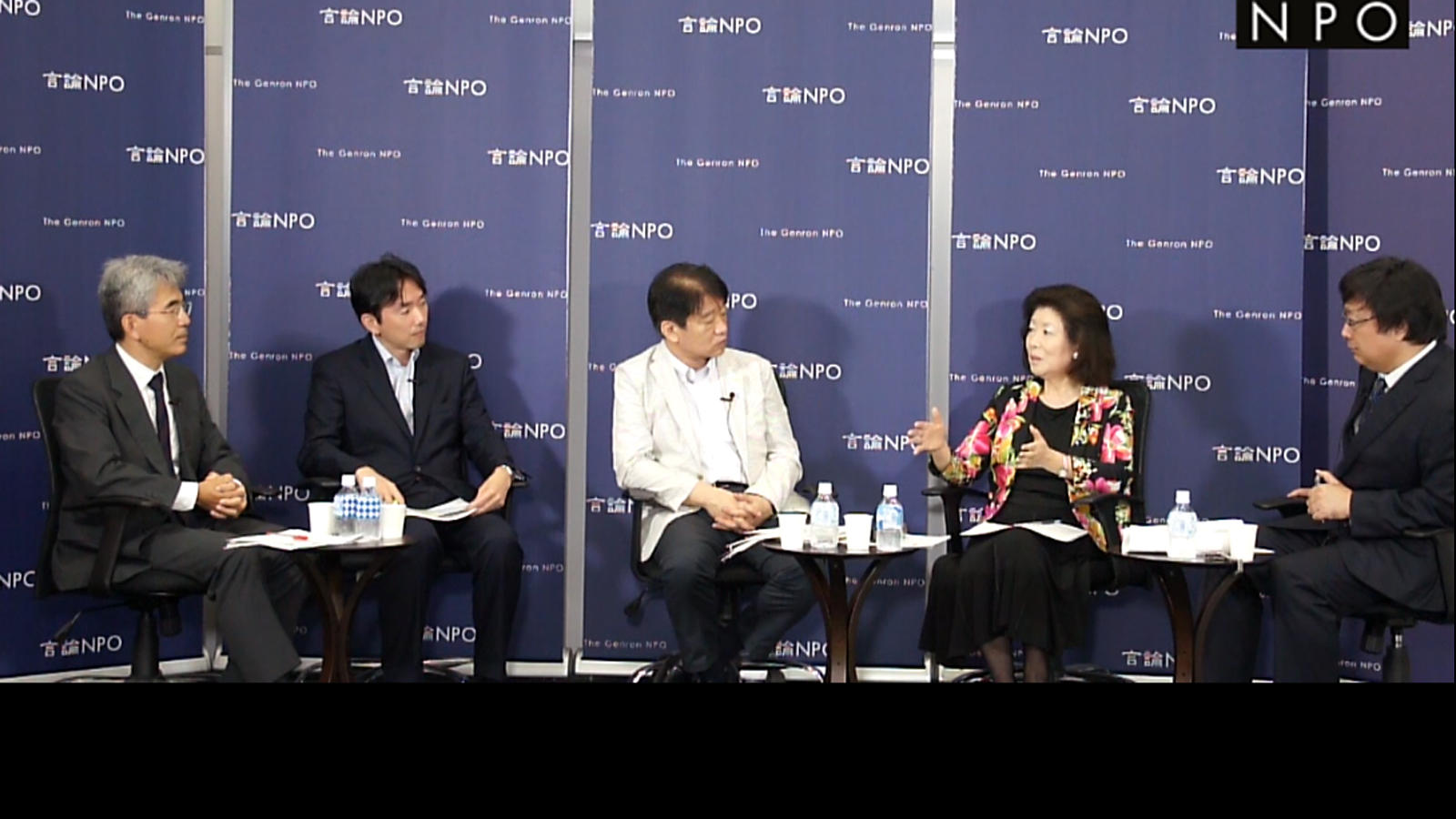Britain faces a difficult path on its way out of the European Union in accordance with its controversial decision in a recent referendum, according to noted Japanese researchers.
 Britain's planned exit from the EU itself may be possible, but there will likely be very tough negotiations for Britain as it agrees new trade rules and builds other new relations with the EU, said Tamio Nakamura, a professor at Waseda University's School of Law.
Britain's planned exit from the EU itself may be possible, but there will likely be very tough negotiations for Britain as it agrees new trade rules and builds other new relations with the EU, said Tamio Nakamura, a professor at Waseda University's School of Law.
 Akiko Yamanaka, a senior diplomatic fellow at the Cambridge Central Asia Forum, Cambridge University, said that a framework that favors Britain is unlikely to be formed in the negotiations with the EU. Britain will have to review all existing relations with the bloc, ranging from tax rules to national security affairs, she said. Yamanaka formerly served as parliamentary secretary for foreign affairs.
Akiko Yamanaka, a senior diplomatic fellow at the Cambridge Central Asia Forum, Cambridge University, said that a framework that favors Britain is unlikely to be formed in the negotiations with the EU. Britain will have to review all existing relations with the bloc, ranging from tax rules to national security affairs, she said. Yamanaka formerly served as parliamentary secretary for foreign affairs.
 The EU's influence in Europe will no doubt decline after Britain's departure, but a critical situation is unlikely to develop, according to Hirotaka Watanabe, director of the Institute for International Relations at Tokyo University of Foreign Studies.
The EU's influence in Europe will no doubt decline after Britain's departure, but a critical situation is unlikely to develop, according to Hirotaka Watanabe, director of the Institute for International Relations at Tokyo University of Foreign Studies.
EU member countries have so far made honest efforts to improve their internal rules and this contributed to containing a crisis following Greece's default on its external debt from 2009 to 2010, Watanabe noted. "Something like 'an emergency brake system' can be activated when a crisis emerges," he said.
 These remarks were made during a debate program organized recently by The Genron NPO. Yasushi Kudo, president of the independent, not-for-profit Japanese think tank, served as moderator.
These remarks were made during a debate program organized recently by The Genron NPO. Yasushi Kudo, president of the independent, not-for-profit Japanese think tank, served as moderator.
 The postwar integrated Europe as a whole will remain as "a solid setting," but divisions between core countries on the continent and countries on the periphery are expected to become even clearer, said Nakamura. Britain is unlikely to join the core countries, but, while staying on the periphery, it will become a major leader that binds together the peripheral countries, he said.
The postwar integrated Europe as a whole will remain as "a solid setting," but divisions between core countries on the continent and countries on the periphery are expected to become even clearer, said Nakamura. Britain is unlikely to join the core countries, but, while staying on the periphery, it will become a major leader that binds together the peripheral countries, he said.
Commenting on the fallout of the British decision on the global economy, Kenichiro Yoshida, senior chief economist for research on European and U.S. affairs at the Mizuho Research Institute, warned that Britain may enter a recession following its exit from the EU.
There may be uncertainties in world financial markets, but there will be no protracted influence because, unlike the market confusion triggered by Lehman Brothers' collapse in 2008, there is no fear at present about the course of the global monetary system and because major countries' central banks are ready to contain possible market confusion this time, Yoshida said.
The four researchers at the program said that the outcome of the referendum, held June 23, had come as a surprise or disappointment.

The referendum had been "badly timed," Yamanaka said. Celebrations for Queen Elizabeth II's 90th birthday had been held just before the referendum, with Union Jack flags flying in every corner of the country.
Almost 70 percent of university students in Britain were said to be in favor of remaining with the EU, but many of them had been on vacation after finishing exams, she said. The referendum represented "a showdown" between the power of emotion and the power of reason, and the power of emotion won, Watanabe said.
Nakamura said that moves for regionalization will now emerge among major countries. The United States has become less enthusiastic about serving as a "global policeman," and, as America, Europe and Asia focus only on their own business, regionalized relations will become clearer around the world, he said.
Watanabe also noted the U.S. move to reduce its engagement in global affairs in various fields.
He predicted that the world will enter an era of multi-polarization. At a time when various poles are emerging in global politics, the current situation can be symbolized most clearly by the appearance of displaced people, he said.
"These people cannot be defined as a nation-state's citizens and essentially, they are very minor beings," but their existence has become a major factor of instability for the world, Watanabe said.
Major countries should grapple with worldwide issues as "global players" and not just think about problems in their regions, he said. Japanese people should also look at issues facing the world from a multi-polarized point of view, he said.
The EU is a huge market of 500 million people, Yamanaka said. It may be a loose grouping in the years ahead, but Europe is expected to explore its own path, she said. In the meantime, major countries should look at a new development on the global political scene, in which relations of power between developed countries and developing countries are changing, Yamanaka said.
Japan has been on very close terms with the United States, but Japan should also think about how to maintain its relations with Russia and China, she said. Now that further instability in Europe must be averted, the time has come for Japan to demonstrate its position in the world, she said.
Noting that trust in Japan as a stable power is increasing in the international community, she said that Japan should display its leadership as the chair of the Group of Seven major industrialized democracies this year.


Post a comment